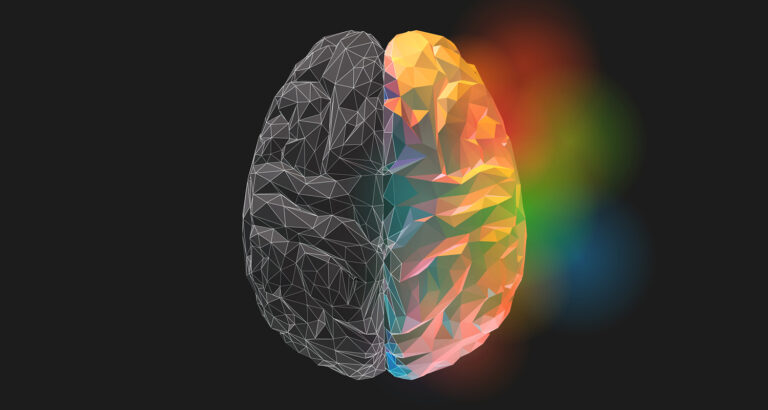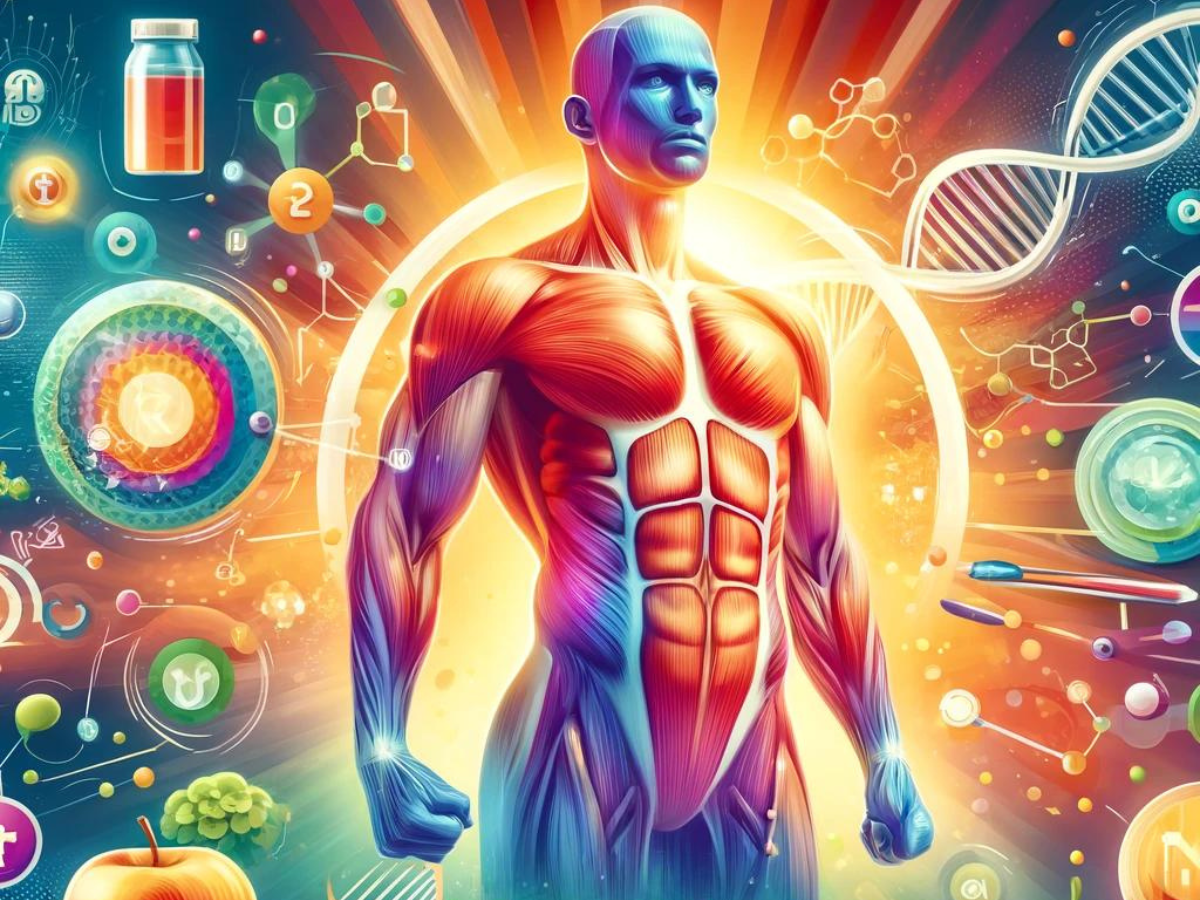
[tldr]
- Intelligence researchers have two definitions of a genius: either someone with an IQ of above 140, or someone who makes radical, enduring contributions to their field (Beethoven in music, Michelangelo in painting, or Einstein in physics, for example).
- Typically, geniuses have three specific traits: high IQ, high creativity, and exceptional work ethic.
- Being a genius is more accessible than you might think. With the tools in this article, you can train your brain to raise your IQ, permanently increase your creativity, and build extraordinary work ethic.
[/tldr]
In a recent Bulletproof Radio podcast episode [iTunes], intelligence and creativity researcher Dean Simonton talked about what it takes to be a genius.
“There are two main definitions of genius,” Simonton says. “In the American Heritage dictionary, it says that if you have an IQ (intelligence quotient) of 140 or above, you’re a genius. An IQ of 140 puts you in the top one percent of the population.
“The other definition, which I use in most of my research, is outstanding and unique achievement. You’ve gone down in history for doing something where you really, really stand out.”
Genius definition: 3 specific traits
Simonton has spent his career studying geniuses who make radical, enduring contributions to their field — Beethoven, Michelangelo, Einstein, and others. He’s found that most geniuses have three specific traits:
- High IQ
- High creativity
- Strong work ethic
It’s easy to think of genius as something unattainable — the result of a genetic lottery. In reality, however, you can hack all three hallmarks of genius and increase your odds of making a lasting mark on the world. This article will go through the tools you can use to raise your IQ, permanently increase your creativity, and build extraordinary work ethic.
3 hacks to becoming a genius
1. Raise your IQ with brain training
IQ isn’t exactly your overall intelligence. It’s more your ability to learn. The higher your IQ, the faster you’ll be able to understand complex information.
Speed of learning is often what sets geniuses apart from their peers. If you can learn twice as quickly as the average person, you’ll be able to accomplish much more in your lifetime.
The average person’s IQ is 100, and the scale goes up to 140, which is the top one percent of the population. That said, you can score higher — Einstein and physicist Stephen Hawking had IQ scores of 160.
For years, people thought it was impossible to increase IQ. In 2008, however, researchers discovered that a particularly challenging mental task called dual N-back training can permanently increase your IQ[ref url=”https://www.pnas.org/content/early/2008/04/25/0801268105.abstract”]. Since then, other researchers have confirmed that dual N-back training increases your fluid intelligence — your ability to solve new problems quickly[ref url=”https://www.sciencedirect.com/science/article/pii/S0160289610001091?via%3Dihub”][ref url=”https://ieeexplore.ieee.org/document/5454984″]. Dual N-back training also makes your brain cells measurably denser and stronger[ref url=”https://www.academia.edu/24511273/Increased_integrity_of_white_matter_pathways_after_dual_n-back_training”].
Check out this guide to dual N-back training to give it a try. Save the training for days when you don’t have anything important going on, and make sure you set aside time to recover afterward. It’s intense.
2. Increase your creativity
Geniuses are also almost always highly creative, which makes sense: if you’re going to do something nobody in your field has done before, you have to be creative enough to dream into existence something that didn’t previously exist.
The best measure of creativity is “openness”, one of the metrics in the Big Five Personality Inventory[ref url=”https://www.ncbi.nlm.nih.gov/pubmed/18341234/”]. The Big Five Inventory is the most scientifically-backed personality test in psychology (and by the way, it’s worth taking if you want to learn more about your personality. You can find it for free online). Openness measures two things: how open you are to new ideas and experiences and how interested you are in abstract thinking.
There are two reliable ways to increase creativity (openness) long-term.
- Meditation increases openness, as long as you do it on a regular basis[ref url=”https://www.ncbi.nlm.nih.gov/pmc/articles/PMC3146707/”]. All it takes is ten minutes a day. To start, check out the Bulletproof 30-Day Meditation Challenge.
- Psychedelics also reliably and permanently increase creativity[ref url=”https://www.ncbi.nlm.nih.gov/pubmed/29452127″], possibly because psychedelics decrease latent inhibition, your brain’s tendency to screen things in your environment as irrelevant or unrelated. Decreasing latent inhibition makes you more likely to see connections between things that you wouldn’t normally see, which increases creativity (especially if you have a high IQ)[ref url=”https://www.ncbi.nlm.nih.gov/pubmed/14498785/”]. It’s worth noting that psychedelics are illegal in many places. You can read more about them in this guide to psychedelics. Always biohack responsibly.
3. Build up your work ethic
The other common trait in geniuses — and, according to Simonton, the most important trait — is strong work ethic. Geniuses tend to work hard toward something for many hours a day.
When you combine strong work ethic with the ability to learn fast (high IQ), you get exponential progress compared to the average person in your field. If you put in 60 hours a week and the next person puts in 40, and you learn twice as fast as they do, at the end of a year you’ll have about 6,000 hours in work, compared to about 2,000 for the average person.
This is why geniuses can do so much more in their lifetimes than the average person can. Strong work ethic plus high IQ makes you unstoppable. And like everything else, work ethic is something you can improve. There are a few ways to increase work ethic:
- Follow the Bulletproof Diet. When you get rid of foods that make you weak and replace them with foods that actively improve your biology, your focus and energy go through the roof. The Bulletproof Diet is designed to feed your body and brain with the best foods possible so you can perform at your best. You can download the Bulletproof Diet Roadmap for free; it has everything you need to get started.
- Upgrade your mitochondria. Your mitochondria are the power plants that create energy for your cells. The better your mitochondria run, the longer you can go without burning out, and the sharper your thinking will be. Here are five ways to build stronger mitochondria.
- Challenge yourself every day. This is the one that nobody wants to do because, by definition, it’s hard work. But the best way to build up work ethic is to do hard things, and the sense of satisfaction you get from succeeding gives meaning to your life. Learn how to set good goals and actually achieve them. It’ll be challenging, but over the course of a couple months, you’ll find you can handle a lot more than you think.
Being a genius isn’t as out of reach as it seems. Use these tools to increase your IQ, creativity, and work ethic. You’ll be amazed by how effective you become.













